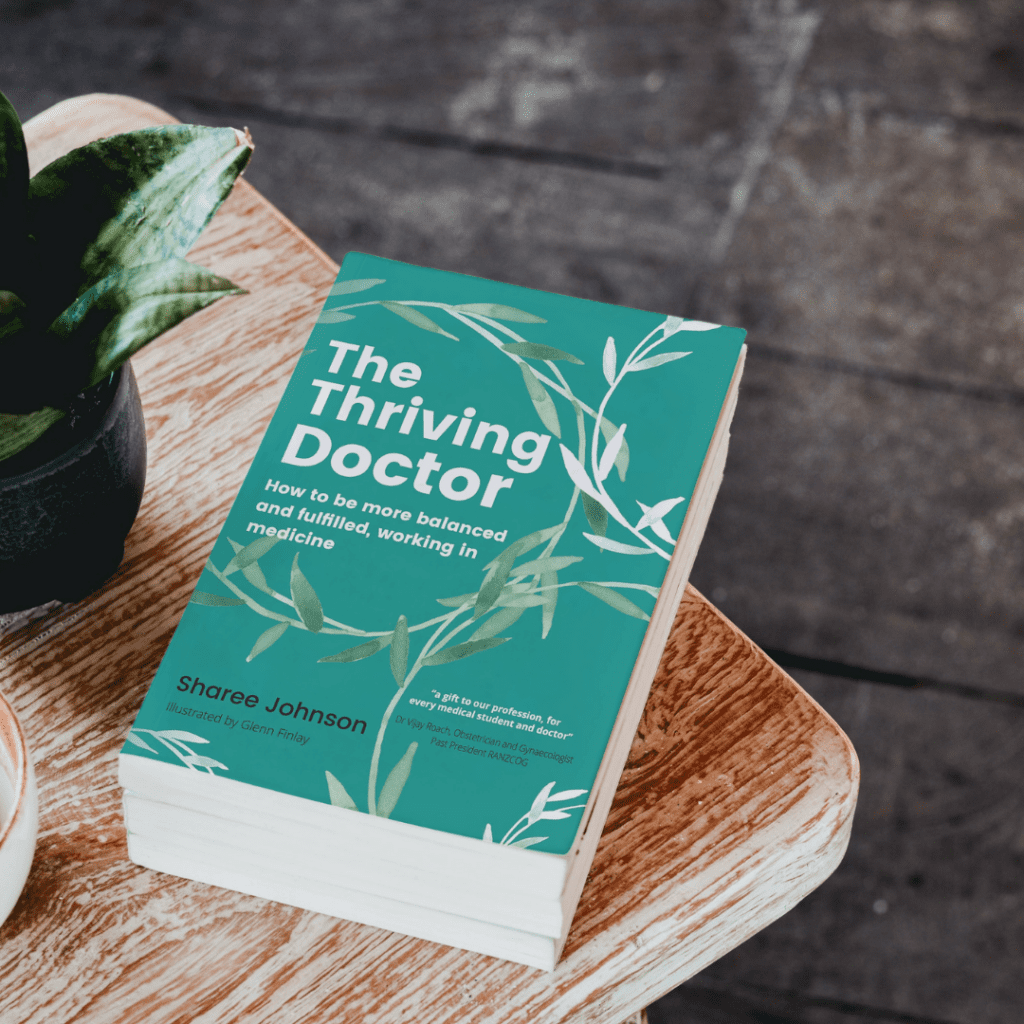Reflecting on the research and practice of coaching doctors

Academic Research seeks evidence by asking very specific questions that reduce the variables in a situation. In order to get at specific evidence, we can begin with a general enquiry like-
Does coaching help doctors improve their performance?
Does coaching reduce doctor burnout?
And gradually we can think our way to something specific that we can actually measure, via questions like-
Does coaching offer a way to improve performance?
Under what conditions? At what dose?
What skills should the coach have?
At what time in the doctor’s career will coaching help?
How much will it help?
Will the changes achieved within the doctor be lasting?
How will we measure these changes?
Until we arrive at something like-
Does 6 x 1 hour coaching delivered via video calls to PP specialists in XX hospital in YY country over 6 months by an experienced coach trained in ZZ, reduce the doctor’s burnout as measured by A,B,C tools at completion and at 12 month follow up.
~
My first degree is Behavioural Science. My career is in psychology – frontline. I have been working as a Registered Psychologist for decades. Doctors have often told me in coaching I care more about the research than they do.
I agree, that’s my responsibility when they are in the role of client working with me, as it is when they work with a patient as doctor.
I seek to work as an evidence based coaching practitioner. The professional coaching at work research is now 35 years deep. And, it is in its infancy regarding the impact for doctors, for reasons outlined above.
Still RCTs from the Mayo Clinic, University of Colorado and University of Netherlands have all found significant reductions in burnout and improvements in psychological resources and quality of life measures in their doctor participants who had coaching.
Academic research is slow and specific and requires researchers from various places to test and retest, to learn if conclusions hold for a specific group and then to see if they can be generalised across populations.
Does that mean we should stop and wait for the research to catch up, to give us the evidence, before we invest time and money into coaching doctors?
As a coach practitioner that seems counter to how humans learn and what doctors and their patients need. My lived experience is that coaching can make a big difference in doctor’s lives, present and future. And that makes a positive impact on patient experience and health outcomes. All of which makes our healthcare system better and more sustainable.
~
I am so grateful for the researchers of the world, I am excited about some of the research currently afoot into coaching of doctors. It will make what we do much better in the long term.
In the meantime, I am confident we have enough
1. general academic research into the positive impact of coaching
2. early academic evidence specifically of doctors having improved quality of life and work capacity, from engaging a coach
3. and clear concerns about the wellbeing and capacity of our doctors within their work contexts that places them and their patients at risk
to increase the pace and access of coaching to many more doctors.
Employers and Medical Colleges can advance the proposition if they want to, in partnership with their medical staff. Alas they are a bit like academia in terms of pace…
I personally have over a decade now of experience sitting with doctors in coaching, witnessing the internal and external changes they have made in their lives. They are better doctors, delivering better care to their patients and living more fulfilled lives at work and otherwise. They themselves tell me so often.
Our doctor clients access their CME, grants and their own resources because they want something better for themselves, their patients and both sets of families, to make coaching happen. They recognise the systems they work in will never care as much about their lives as they need to and that those systems move at a glacial pace.
This deciding and acting to engage a coach itself, can shift the needle for the doctor who has previously felt disempowered, undervalued or lost in the system.
Does that mean coaching is an effective tool for building professional capacity, insight and fulfillment for every doctor?
Probably not, maybe the research will tell us one day… at the very least impactful coaching will likely depend on the doctor and the coach, their relationship and their combined intentions.
Coaching requires the doctor to commit to reflective practice and ownership of their life. Accountability, responsibility and agency are hallmarks of change. These characteristics are required for learning, growth, development, and change. In other words, the doctor needs to enter into the process of coaching with a future focus, and a willingness to learn and invest in their future.
It also requires the coach to be future focused, and present to what is here now in the doctor. To meet the doctor where they are at and to truly believe that the answers reside within the doctor. The coach with the capacity to hold the mirror up, with the right balance of candor and trust, can help create the right conditions with their counterpart doctor to enable real, lasting change.
Psychologists who understand human behaviour, neuroscience, the mind and human emotions, and complex systems change, and the research evidence are well placed to learn about the vagaries of medicine. Doctors are humans first.
Coaches will welcome the academic learning as it comes. In a time of huge doctor burnout, moral injury and mental stress, our doctors, their patients nor the healthcare system at large can afford to ignore the benefits of coaching.
==
Sharee Johnson is the Founder, Managing Director, Principal Coach at Coaching for Doctors. She is the bestselling author of The Thriving Doctor: How to be more balanced and fulfilled, working in medicine and a Registered Psychologist. She has written extensively about doctor wellbeing, performance and coaching, delivers workshops to doctors and speaks at medical conferences. You can connect with her on Linkedin and Instagram.
Start by booking a call or sending me an email and let’s talk about how you or your team can experience the value and impact of professional coaching.
Recalibrate 2026
Immersion Development Program for Doctors
Restore Balance and Joy: Build your intra and interpersonal skills.
6 x 1:1 Coaching sessions with Psychologist Coach, Sharee Johnson
24 hrs Masterclasses with a closed group of doctors (max 12)
Develop in ways that will help you reconnect to your purpose.

The Thriving Doctor
Sharee Johnson’s book The Thriving Doctor is available in all good bookstores or online.
Sharee has been coaching doctors since 2014, find out more about her work